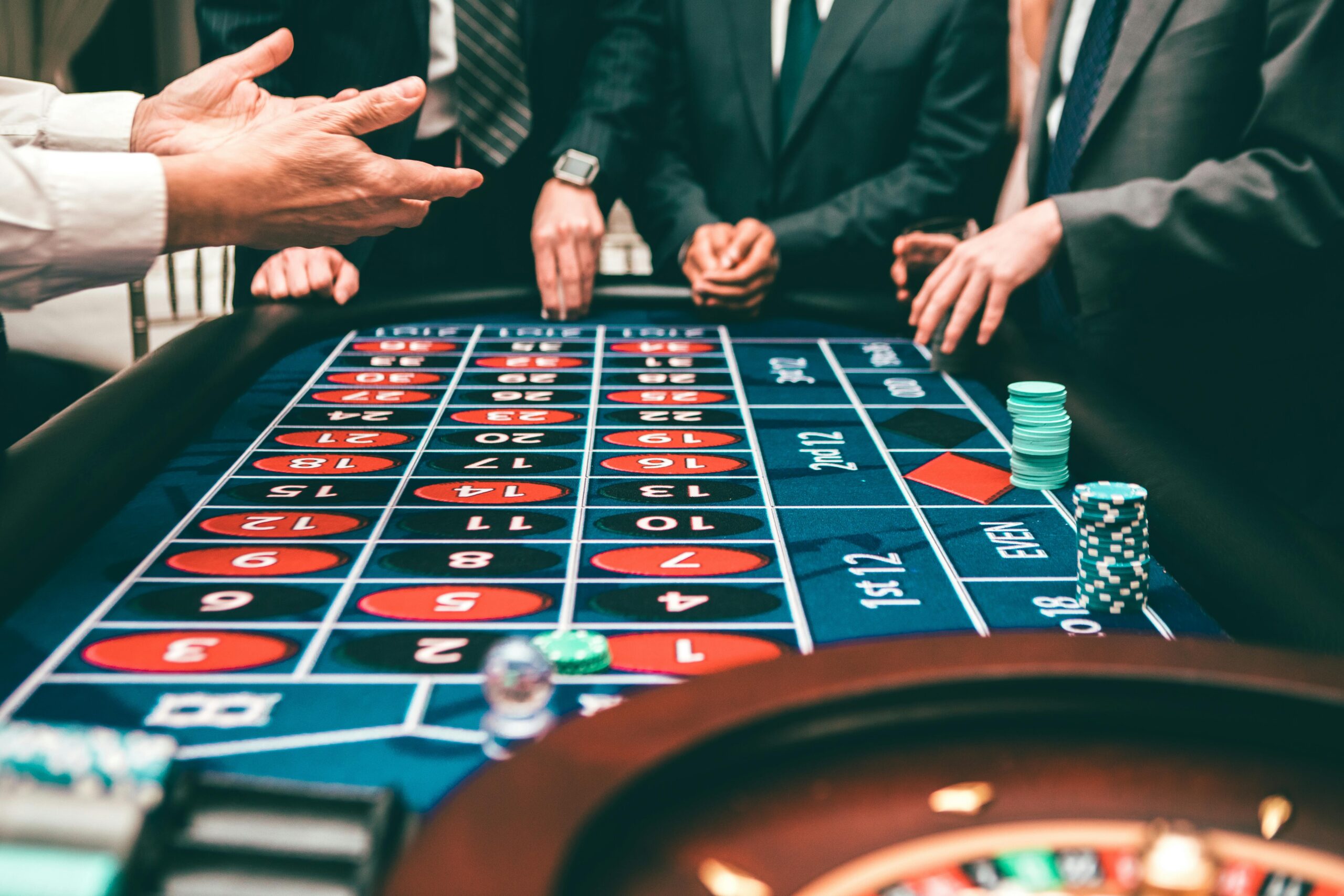Gambling can be a fun form of entertainment when done responsibly. However, some individuals have trouble controlling impulses and setting reasonable limits on time and money spent. Responsible gambling requires insight into personal motivations, disciplined tracking of wins and losses, comprehension of statistical odds, and knowing when to walk away. This article explores practical techniques for gambling at 999 Casino within your means.
Understand Motivations and Risk Factors
The first step towards responsible gambling is understanding what motivates you personally to gamble. Some common motivations include:
- The excitement of taking risks
- Testing luck or a personal “system”
- Socializing with friends
- Distracting from stressful life events
- Chasing previous winnings
- Coping with boredom
However, avoiding certains risk factors gives you a higher chance of staying in control:
- Don’t gamble when coping with difficult emotions or life events
- Don’t chase previous losses in hopes of winning money back
- Don’t gamble under peer pressure
- Avoid alcohol or drugs when gambling
By reflecting on motivations and circumstantial triggers, you can gamble more intentionally.
Set Reasonable Time and Money Limits
Before playing any games of chance, establish limits for time spent gambling and maximum money wagered. Consider your personal finances and create a gambling budget that avoids dipping into living expenses, savings, or debt obligations. Here are some tips:
- Decide on an affordable loss limit per session, day, or week
- Divide cash into separate envelopes for gambling vs. spending
- Leave credit and debit cards behind; use only allotted cash
- Set phone alarms when approaching time limits
Tracking all The Reviews Casino wins, losses, and net expenditure makes it easier to spot problematic patterns. If limits are repeatedly exceeded, take an extended break from gambling.
Understand the Statistical Realities
No casino game offers even odds; the house advantage is built into every wheel spin, dice roll, or deal of the cards. Though wins trigger emotional highs, remember that short-term luck evens out over time. Educating yourself on the probability and payout percentages can help avoid unrealistic expectations.
For example, the statistical chance of winning and average house edge across popular casino games are:
| Game | Odds of Winning | House Edge |
| Roulette | 1 in 37 | 5.26% |
| Blackjack | 42-48% | 1-2% if using perfect strategy |
| Craps | Nearly 50/50 on certain bets | 1.4% on pass/come bets with optimal strategy |
| Slots | Varies greatly; anywhere from 1 in 50 million to 1 in 8,000 | Generally 4-15% depending on machine |
Though skillful play can narrow the house advantage, no decision or strategy switches the overall odds in the player’s favor over extended play. Keeping probability realities in check is key to curbing risky chasing behavior when lady luck turns.
Have an Exit Strategy
Before sitting down at a table or machine, clearly define a departure strategy. Common options include:
- Losing a preset maximum amount per session
- Winning a certain dollar amount and stopping
- Playing for a set duration then leaving regardless of wins or losses
- Walking away any time you stop having fun
Exiting early while ahead is especially challenging due to the temptation to risk winning for even more. But extending play solely to accrue more short-term gain leads right back to the statistical averages working against you. Quitting while you are ahead demonstrates discipline by not getting greedy.
Likewise, consider stepping back after hitting a self-imposed loss limit rather than attempting to break even before leaving. Chasing initial losses with increasingly risky bets is a warning sign of compulsive gambling.
Know the Warning Signs of Problem Gambling
Despite best intentions, some individuals develop unhealthy addictions fueled by the highs and lows of wins and losses. Warning signs of compulsive gambling include:
- Preoccupation with gambling and reliving past wins
- Lying to loved ones about time or money spent
- Repeatedly exceeding time and money limits
- Taking extreme risks to experience gambling “highs”
- Selling possessions or borrowing money to fund playing
- Withdrawing from work, relationships, and other priorities
Left unchecked, problem gambling can negatively impact mental health, relationships, career, and lead to financial devastation. If enjoyment becomes impossible without wagering or behavior causes harm, seek help from gambling addiction resources. With proper treatment and community support, those struggling can overcome unhealthy dependencies.
Gamble for Amusement, Not Profit
Casinos and bookmakers ultimately gain long-term advantage thanks to percentages working in their statistical favor. While the games themselves provide lively entertainment, always gamble within affordable means. By reflecting on personal motivations, setting reasonable limits, grasping the probabilities, and quitting while you’re ahead, gambling can provide a harmless diversion. But staying vigilant to warning signs prevents amusement from spiraling into dangerous addiction.
Approaching games of chance with eyes wide open helps earn positive returns of fun that doesn’t break the bank. Gambling responsibly requires honesty about why you play, discipline to walk away in time, and wisdom to distinguish recreation from recklessness. Keeping perspective allows you to enjoy gambling’s thrill without letting impulse lead you past the point of no return.
